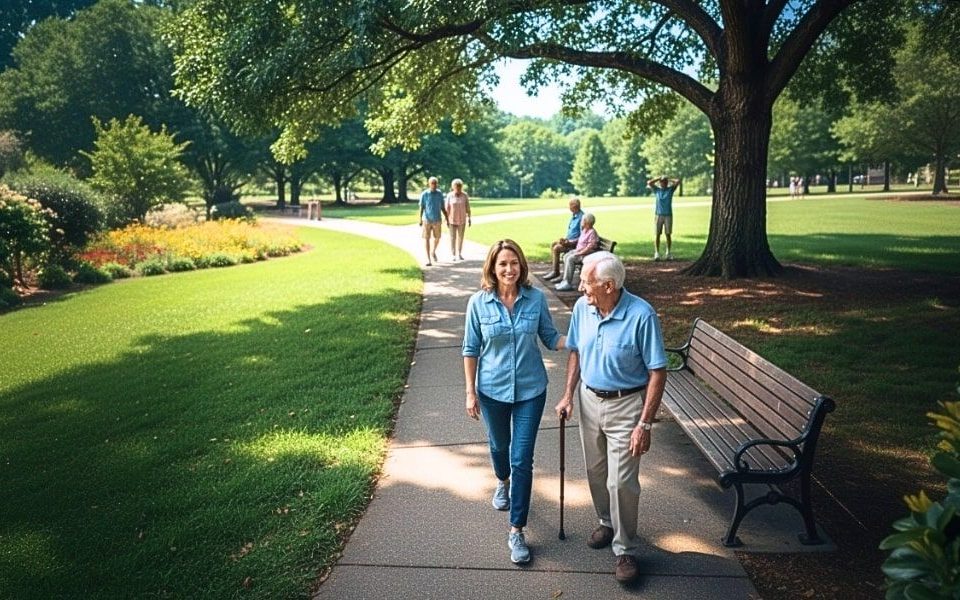
Sleep disruptions often affect older adults, influencing their overall health and wellness. However, there are things we can do to support our parents in maintaining good sleep hygiene. Here are 11 essential tips for improving sleep in older adults.
11 Tips for Improving Sleep in Older Adults
1. Maintain a Consistent Sleep Schedule
Encourage your senior loved ones to establish a consistent daily bedtime and wake-up routine. They should even maintain it on weekends and holidays. A regular sleep schedule helps regulate the body’s internal clock, promoting better sleep.
2. Create a Relaxing Bedtime Routine
Creating a calming routine before bed tells your body it’s time to relax. It could include activities like reading a book, listening to soothing music, or taking a warm bath.
3. Limit Screen Time Before Bed
Minimize screen time, including TVs and smartphones, at least one hour before bedtime. The blue light emitted by screens can disturb our natural sleep cycle.
4. Watch Diet and Hydration
Avoid heavy meals, caffeine, and alcohol close to bedtime. A light snack might be suitable, but large meals and stimulating substances can disrupt sleep.
5. Create a Comfortable Sleep Environment
Ensure the bedroom is conducive to sleep—cool, dark, and quiet. Ensure a comfortable mattress and bedding to promote better sleep.
6. Stay Active During the Day
Encourage regular exercise, especially aerobic activities like walking or swimming. Exercise promotes better sleep. However, completing exercise earlier in the day is essential. Being active close to bedtime can make it difficult to sleep.
7. Limit Daytime Napping
While short naps can be beneficial, extended or late-afternoon naps may interfere with nighttime sleep. Encourage short, early naps if needed.
8. Consider Cognitive Behavioral Therapy (CBT)
If sleep problems persist, explore non-pharmacological interventions like CBT. This therapeutic approach addresses negative thoughts and behaviors related to sleep.
9. Address Underlying Health Issues
Consult a healthcare professional to identify and address any health conditions affecting sleep. It can include pain, sleep apnea, or chronic illnesses.
10. Encourage Social Engagement
Staying socially active during the day can positively impact sleep. Volunteering, joining social groups, or participating in activities fosters a sense of purpose and helps regulate sleep.
11. Explore Relaxation Techniques
Promote relaxation through activities like meditation, deep breathing, or gentle stretching. These techniques can alleviate stress and prepare the body for a restful night.
Are your senior loved ones experiencing sleep disturbance?
Implementing these tips can make a significant difference. Remember, a good night’s sleep contributes to better health and an enhanced quality of life. Take the initiative to discuss these tips with your senior parents. You should also encourage them to discuss sleep issues with their doctor.
Innovative, Experienced, and Trusted Senior Living Community
Looking for exceptional service and care for your loved one? We welcome you to our senior living communities, where the health and well-being of our residents are our top priority. Please contact Bethel Gardens Senior Living and we’ll answer any questions you may have.
Thanks for visiting!



